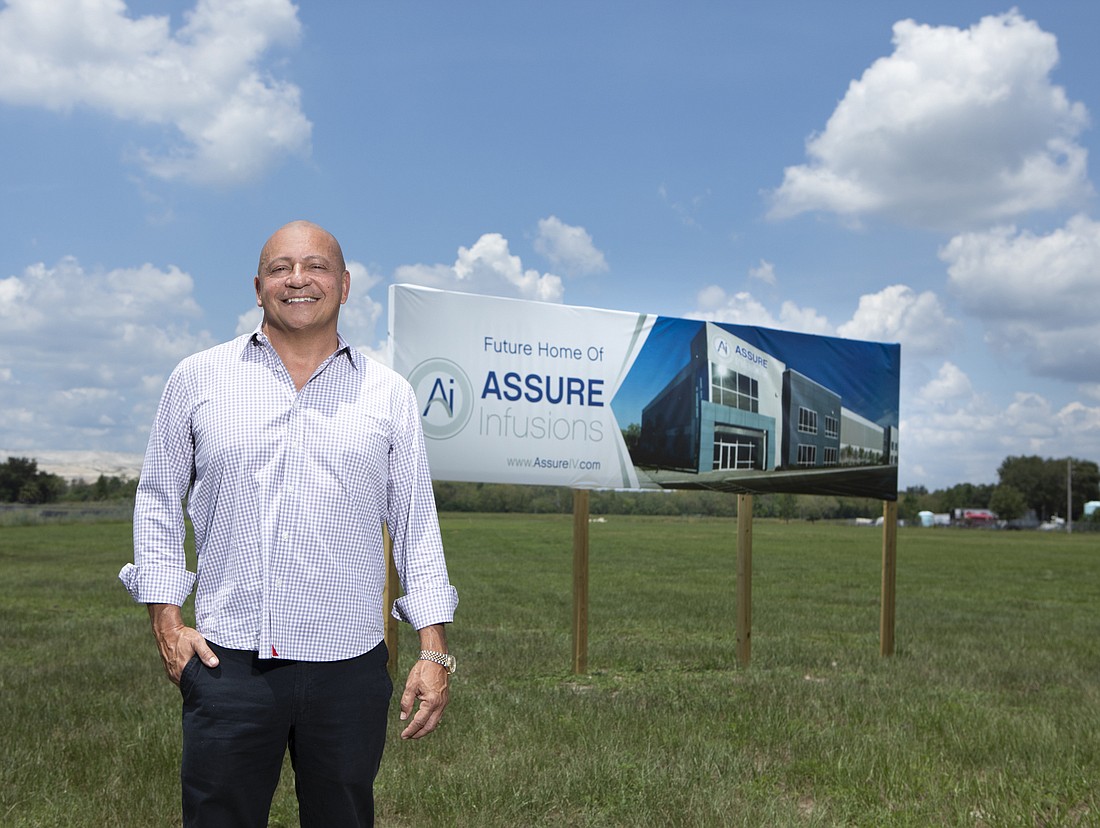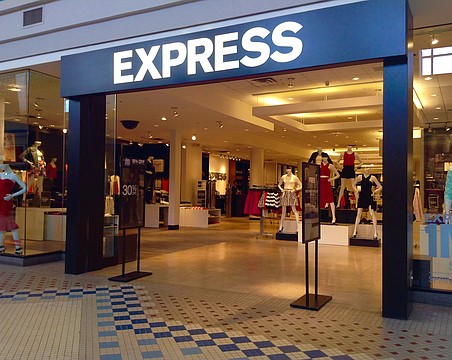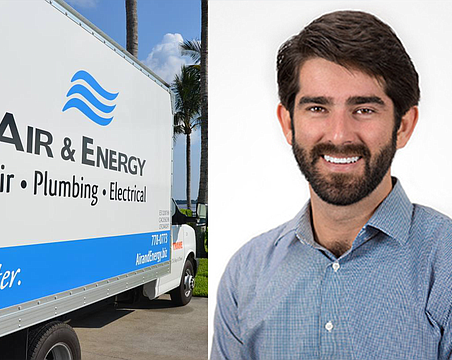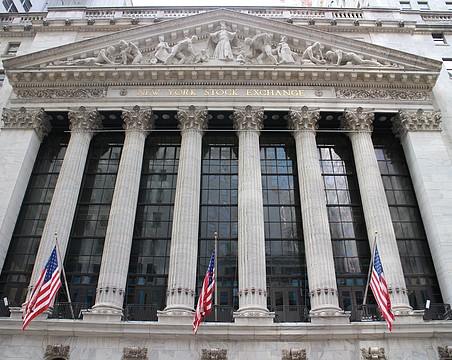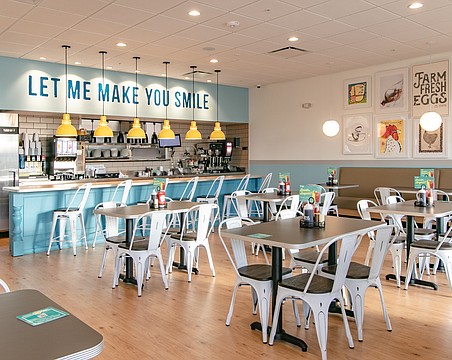The COVID-19 pandemic, much like crises past, created winners and losers in business. One of the biggest winners was Alex Lucio, co-founder and former CEO of 3B Medical Inc., a medical supply company based in Winter Haven.
3B Medical specialized in oxygen and ventilation devices, as well as products that fight infections, so the pandemic was the perfect jolt for growth.
“We were a $20 million company in 2018,” Lucio says. “We exited as a $100 million company two years later. We were a respiratory company in the middle of a respiratory pandemic. Our ventilation devices, we couldn’t keep them in stock. And then, as patients were discharged from the hospital, they had to be discharged on oxygen, so that division took off.”
Now 59, Lucio planned to retire in the wake of selling his company to React Health, a company set up by a group of investors specifically to acquire 3B Medical. (The firm was officially rebranded as React Health in May, though it remains headquartered in Winter Haven).
But just like Michael Corleone in "The Godfather Part III," Lucio was pulled back in.
“We sold, we exited and we gave all this money to our shareholders,” Lucio says. “I thought I was going to retire. But when you make a lot of money for people, they want to give it right back to you to do all over again. So, all of a sudden everybody’s calling me, saying, ‘OK, what’s next?’ And I’m like, ‘Well, I’m sitting by the pool reading a novel.’”
He adds, “I tried to retire for about three days, and that didn’t work.”
Lucio continued to monitor activity and trends in the medical device industry and noticed a gap in the market for intravenous fluid bags, a crucial product for hospitals worldwide. With funding from the original group of investors who backed 3B Medical, he launched Assure Infusions in January. The company’s $20 million, 60,000-square-foot manufacturing facility is now under construction in Bartow, Polk County, and is expected to employ 100 people when it commences operations next year.
One core challenge? The $1 billion IV fluid market is dominated by a duopoly made up of Baxter International Inc. and B. Braun Medical Inc. Those companies, Lucio says, collectively account for about 90% of sales in the sector. It's in that mature, consolidated market where Assure Infusions, as a newly minted startup with no track record, will aim to make major headway.
The company’s strategy starts with the nature of the product itself. IV fluids, Lucio says, “are a critical part of the health care infrastructure. Almost every patient who’s hospitalized will have an IV bag. So, when you don’t have IV bags, it puts the hospital in a difficult position.”
Many hospitals were in just such a position in 2018, when Hurricane Maria devastated Puerto Rico, where the lion’s share of IV bags are produced. Lucio says he took note of the fallout from that supply-chain disruption, which caused hospitals to restrict admissions.
“It’s a commodity that should not be in short supply, because it’s too essential,” Lucio says. “Every minute, the two manufacturers that have the most market share are running at 100% capacity; they’re 24/7, 365-day operations, so there’s no extra capacity you can turn on if there’s a blip.”
Assure Infusions will specialize in four IV fluids: sterile water, sodium chloride, dextrose and Ringer’s lactate solution, which is similar to saline and can be used to treat a range of disorders, including dehydration and low blood pressure.
“These are the staples of health care,” Lucio says, adding he’s not concerned about being outgunned by the large competitors in the space; in fact, he believes the health care sector, because of the Hurricane Maria fiasco and the pandemic, is more receptive than ever before to new suppliers.
“Everybody is now realizing that there’s a risk to [buying from] a single source,” Lucio says. “Everybody we’ve talked to — and we’ve talked to some major buyers in the space — they’ve all said that they will immediately put us on their formulary, which means your drug is approved to be bought at a certain price, and it’s on a list buyers are able to pick from. It’s a big step to get on formulary in a major hospital system.”
He adds, “They’re basically saying, ‘The doors are open — your product will come in. I can’t tell you how much of it we can use, but you can come in.’ That’s at least half the battle.”

